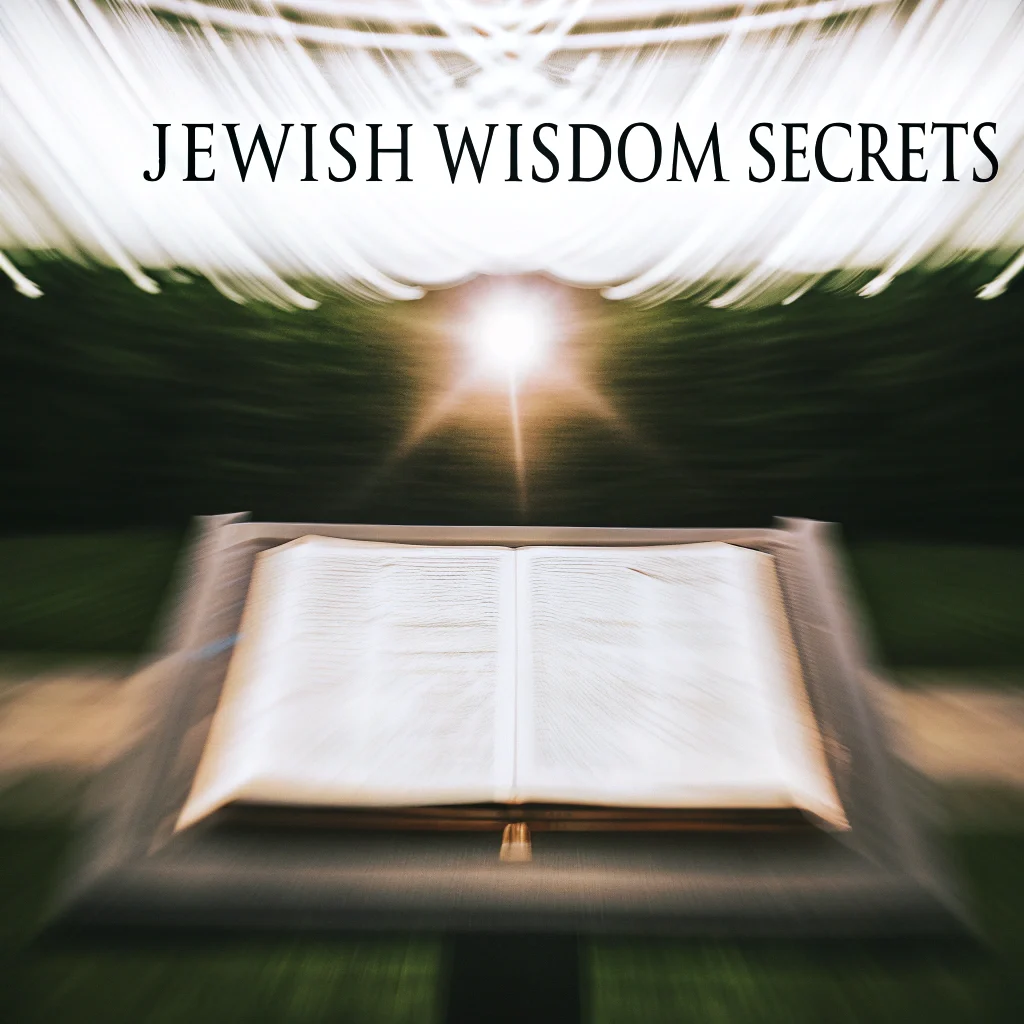10 Powerful Secrets from Psalm 16 to Find Lasting Joy
Looking to find lasting joy in an unpredictable world? Psalm 16, written by King David, offers wisdom that has remained relevant for thousands of years. Now, let’s dive into this remarkable text and uncover its treasures.
What is a “michtam” and who wrote it?
Psalm 16 begins with “A michtam of David.” The exact meaning of “michtam” creates debate among scholars. Some sages explain it as referring to “poor (mach) and perfect (tam)” David. Additionally, another interpretation connects this word with “crown.” This suggests that the phrase “O God, guard me for I have taken refuge in You” served as David’s crown.
Perhaps it’s simply the name of a melody or musical style for performing the psalm. In any case, King David wrote this psalm. The Bible describes him as “a man after God’s own heart.”
True Refuge and Inheritance to Find Lasting Joy
“You should say to the Lord, ‘You are my Master; my good is not incumbent upon You’” (verse 2)
Here, David addresses the people of Israel. He calls them to acknowledge the Lord as their Master. Interestingly, we can also understand the original text as David addressing his own soul. Above all, the key thought remains clear: true good comes only from God, not from our righteousness.
In the following verses, David mentions “the holy ones who are in the earth” and “the mighty ones in whom is all my delight.” These lines highlight the value of fellowship with righteous people. Through such relationships, God often fulfills our needs and helps us find lasting joy.
Choosing the Path to Find Lasting Joy
David clearly contrasts his choice with those who chase other deities:
“May the sorrows of those who hasten after another [deity] increase; I will not pour their libations of blood, nor will I take their names upon my lips” (verse 4)
Instead, he boldly proclaims:
“The Lord is my allotted portion and my cup; You guide my destiny” (verse 5)
The destiny metaphor carries significant meaning here. A loving father places his son’s hand on the better share and says, “Choose this one for yourself.” Similarly, God directs our decisions toward better choices when we trust Him.
Constant Presence and Security
One of the most famous verses appears in this psalm:
“I have placed the Lord before me constantly; because [He is] at my right hand, I will not falter” (verse 8)
David placed God’s fear before himself in all his actions. Moreover, this phrase may refer to the Torah scroll that stayed with him for daily reading. As a result of this constant connection with God, David experiences joy and confidence:
“Therefore, my heart rejoiced, and my soul was glad; even my flesh shall dwell in safety” (verse 9)
The Path to Find Lasting Joy in God’s Presence
The psalm ends with a powerful statement of faith:
“You shall let me know the way of life, the fullness of joys in Your presence. There is pleasantness in Your right hand forever” (verse 11)
This represents not a prayer or request, but a confident statement about the future. First, David knows God will not abandon his soul to the grave. Second, God will not allow His pious one to see decay (verse 10). Consequently, this points prophetically to resurrection and eternal joy in God’s presence.
Practical Application of Psalm 16 to Find Lasting Joy
This psalm teaches several important principles:
- Choose the right priorities – David made God his inheritance and cup, thus rejecting false gods.
- Practice constant awareness – “I have placed the Lord before me constantly” represents not just a beautiful phrase, but a lifestyle.
- Find joy in the right fellowship – The psalm emphasizes the value of communion with holy people.
- Trust God’s guidance – God directs our destiny toward better outcomes when we trust Him.
- Live with hope – Eternal joy in God’s presence awaits those who place their trust in Him.
In conclusion, Psalm 16 offers more than ancient poetry. It provides a practical guide for those seeking to find lasting joy in our changing world. Furthermore, its promises extend beyond temporary life and point to eternity with God.
Source: Tehillim (Psalms) – Chapter 16
Afterword: The text of this article has not been approved by any sage, Torah scholar, or rabbi and is merely a simplified adaptation of the sacred text for general understanding. For comprehension of true wisdom and a deeper understanding of the original text, you should refer to the sources.
This and all other article texts of the Mega-Charity.Org resource express only the personal opinions of the authors who compiled them. They are intended only for general and superficial understanding of the real sources of wisdom. References to which are provided.



